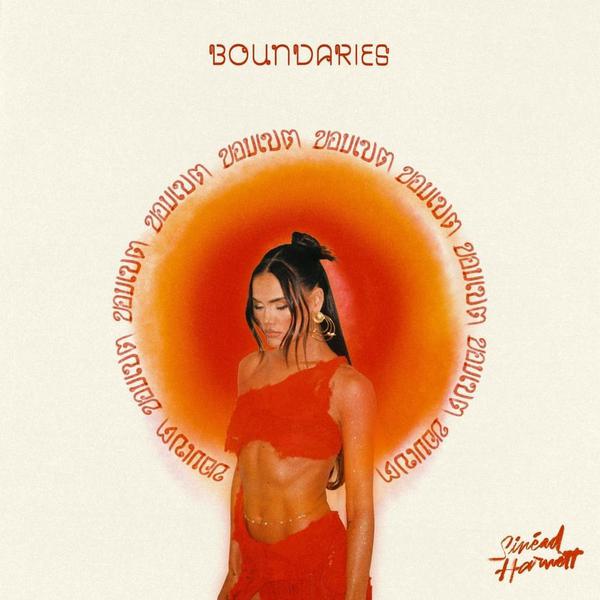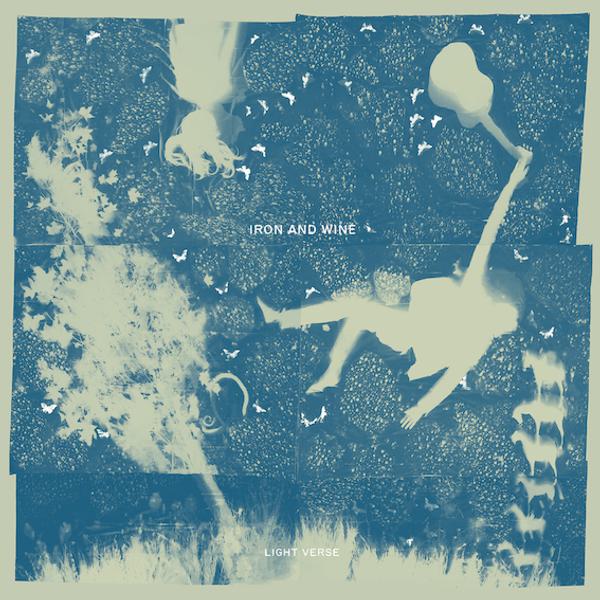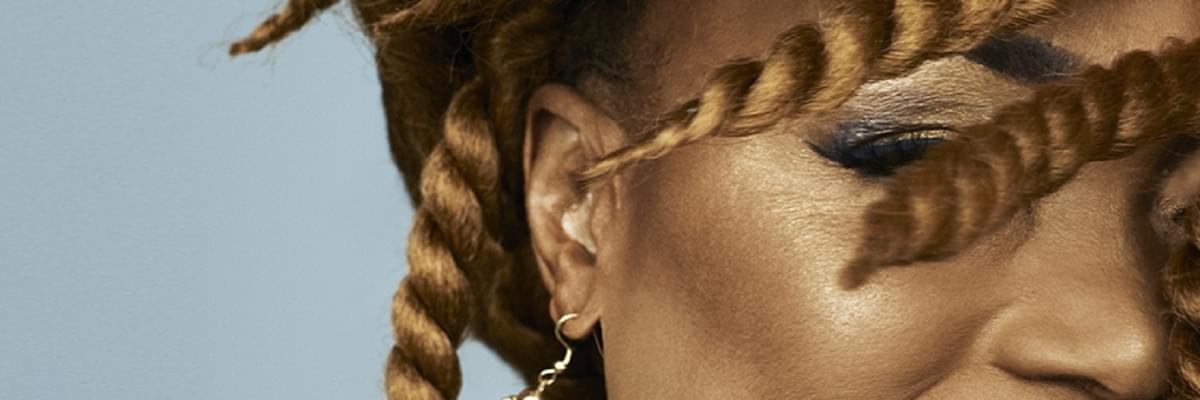
The Songbird of Wassoulou talks the songs that inspire her.
She’s worked with some of the biggest names in contemporary music from all genres, from Pink to Ali Farka Touré, who helped her sign to the British label World Circuit at just 21 years old in 1989. Sangaré was named Goodwill Ambassador of the Food and Agriculture Organization of the United Nations (FAO) in 2003 and similar awards and titles have been bestowed upon her over the last thirty years, in recognition of her tireless work in promoting peace and equality.
She is considered an ambassador of Wassoulou and her music is inspired by the music and traditional dances of the region, but this is only part of the story of her success. Sangaré has a deep spirituality that has propelled her to use her ‘gift from god’ to help others. She was also heavily influenced by the musical heroes of her childhood that enabled her to make sense of a changing world.
A connection to family is important to her and is intrinsic to her music. “I learnt to sing with my mother and main mentor, Aminata Diakité, who was a great singer.” Sangaré explains, “my father left home and abandoned my mother when I was two. So I helped her by selling water in the street and performing at traditional wedding ceremonies and baptisms. Music has always been there. A way to be free and express myself.”
Here The Songbird of Wassoulou talks us through the nine songs that helped make her the amazing and inspirational artist she is today.
“No Woman, No Cry” by Bob Marley
“Bob Marley had a huge influence on me as I was growing up. I used to sing and dance a lot to his music as a child and he helped me to see how music could change the world.
“Music is the most efficient way to convey messages and touch people, which is what Bob Marley did. For many of my fans the opportunity to go to school or even to read books isn’t there, but everyone listens to music, so it’s a way of reaching everyone with your ideas or your story.
“Like Bob Marley, God entrusted me with a voice and I use it to denounce injustice and share advice and messages with my audiences.”
“Quit It” by Miriam Makeba
“Miriam Makeba’s life and work is an inspiration to me, both as a musician and as an African woman. She was brave and she proudly represented a united Africa. She struggled and fought against apartheid until her dying breath, she never gave in to pressure, she never backed down from the fight and for that she is a true role model.
“This song represents for me the idea that we must resist addictions, whether that’s a drug or an addiction to a harmful way of life or an idea. You need to ‘quit it’ and not self-destruct because of suffering. My song ‘Yere Faga’ is about that same idea, that we must not kill ourselves because of suffering.”
“Shakara (Oloje)” by Fela Kuti
“I’m a big fan of Nigerian music. The music of Fela Kuti and his contemporaries is danced to all over Africa. People of my generation would have danced a lot to Fela Kuti at family weddings and parties and so this track reminds me of joyful memories with my friends and family.
“Family and music go hand in hand for me. I even invited my brother Tony Allen to play on my last album Mogoya! When he came over, everybody loved it.”
“Oumou Sangaré” by Aya Nakamura
“I was so surprised and happy when I first heard this song in France. She invited me to take part in her music video and we did a few appearances onstage together. I like her very much and I’m really glad to know that my songs cross all generations.
“The most important element I want my audience to take away is the message. I want my lyrics to encourage people and light their way. I'm very concerned about women's conditions and would like to encourage them to be autonomous. Also, I want to take part in the development of Mali. That’s why I have started my own businesses, I run hotels in Mali, I manufacture 'Oumou Sang' cars and I have my own rice fields and fish farms.
“I’m very much socially involved in the problems of my country. Politicians should listen to what we the artists, have to say, because we are the people’s voice. If there is anything I can do for my people, for Africa, for humanity, I will do it through my music.”
“Fallin’” by Alicia Keys
“I love this track and I have fond memories performing it with Alicia. We did an improvisation on ‘Fallin’ where she sang in English and I sang in Bambara! I have enormous respect for Alicia’s work and this souvenir of her will stay forever.”
“Voix du Mali” by Mokobe ft Oumou Sangaré
“Live music is important to me and I love to tour. It’s a way to really meet my audience and to show Malian culture through traditional instruments of my region, beautiful African garments and dances!
“My music is all about my traditions. I always preserve my traditions and respect Wassoulou's culture. That's why you will hear traditional instruments of my hometown in my songs - kamele ngoni, calabash, djembe and karinyan. It belongs to my culture and that's what I want to show to the rest of the world. I hope it makes my music appealing and unique.
“This is a track by French MC Mokobé, who asked me to join forces on it. It’s a song that recalls the greatness of Mali, it is a beautiful country with great people, a unique culture and rich history. I’m always happy to sing with the younger generation, particularly if it celebrates all of the reasons I love Mali.”
"Get Up, Stand Up" by Bob Marley
“When I was a child I used to dance to ‘Get up, Stand up’. When people translated it and explained the lyrics to me, I played the song over and over. This song inspired me a lot to pursue my career and struggles.
“This is what this song was about for me. I have faced a lot of social pressure, many people have said bad things and lies about me, but in the end more and more people have understood my messages. Mentalities are changing and people are supporting me now.”
“Inianafi Debena” by Sidiki Diabaté
“I like to make music that gets people up and dancing. With Mogoya I wanted to go for a more contemporary sound but being careful all the while to respect my culture and my tradition. I want to bring my music to a new generation and future generations to come.
“Sidiki Diabaté represents the next generation, the relief has arrived! Sidiki will continue the work to bring Malian culture and its history to international audiences.”
“Cousins” by Ali Farka Touré
“Ali Farka Toure has been a true mentor to me. He taught me to survive in the music industry and gave me force. His huge body of work inspired me, as did Coumba Sidibé and Salif Keïta. I’ve listened a lot to Ali's music over the years and therefore he was the only person who could conclude my list.”
Mogoya Remixed is out now via Nø Førmat! Oumou Sangaré is performing at Field Day 2 June in Brockwell Park, London.
Get the Best Fit take on the week in music direct to your inbox every Friday

Sega Bodega
Dennis
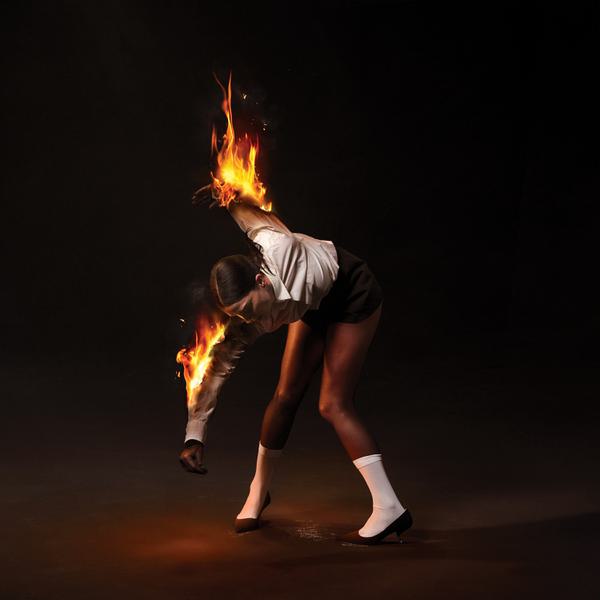
St. Vincent
All Born Screaming
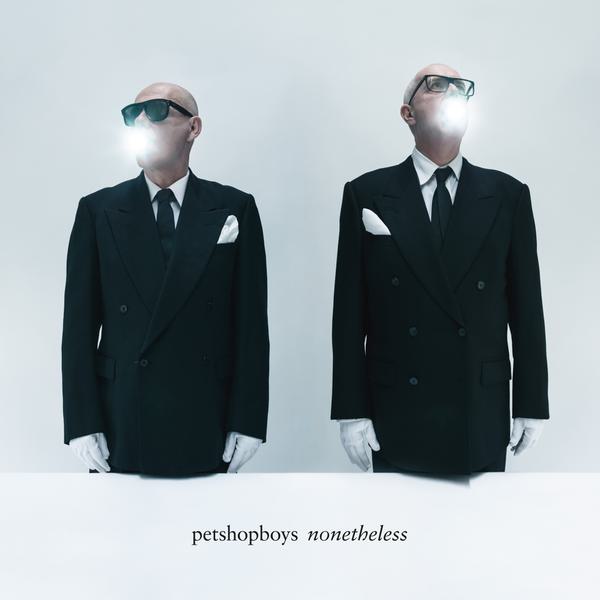
Pet Shop Boys
Nonetheless
